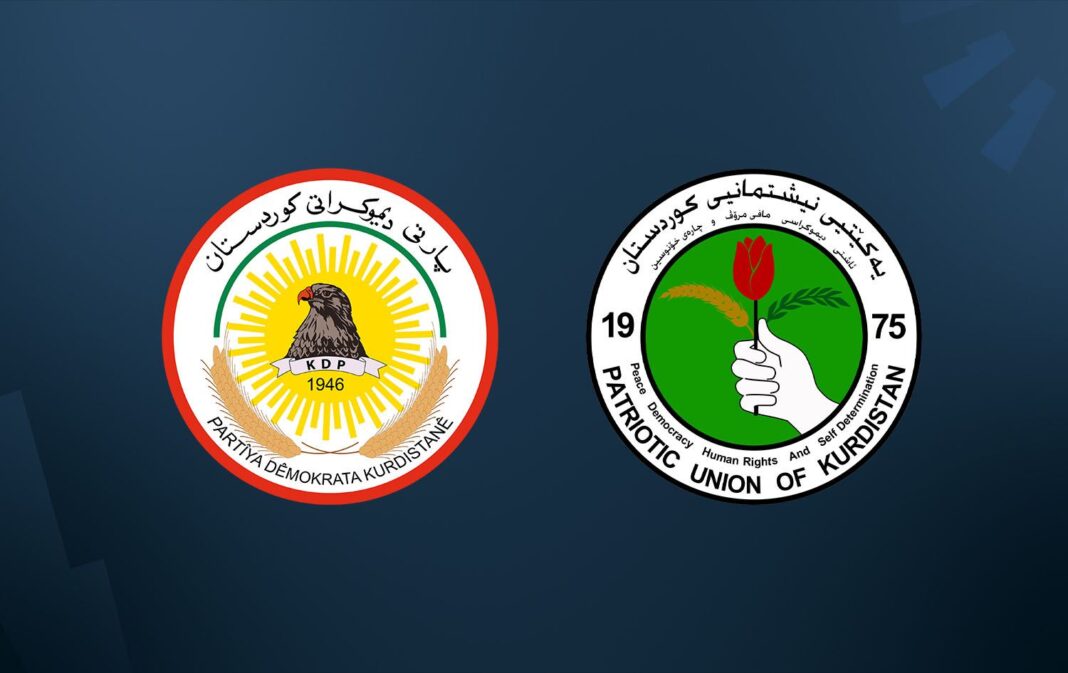The U.S.-Iraq security partnership is entering a major transition. The Pentagon confirmed on Wednesday that the United States and its global anti-ISIS coalition will begin reducing their military presence in Iraq. This shift follows a 2024 agreement signed with Baghdad.
Chief Pentagon Spokesperson Sean Parnell announced the move in an official statement. He explained that this decision aligns with directives from the U.S. President and follows guidance from the U.S.-Iraq Higher Military Commission. It also reflects commitments made in a joint declaration issued on September 27, 2024.
That statement, signed by both Baghdad and Washington, confirmed that the coalition’s mission would end by September 2025. After that, it will transition into bilateral security cooperation. The aim is to support Iraqi security forces while maintaining pressure on ISIS.
Parnell emphasized that the change shows progress in defeating ISIS. He also said it marks a step toward building a lasting U.S.-Iraq security partnership. This transition is based on U.S. national interests, Iraq’s constitutional framework, and their strategic agreements.
The current military relationship began in 2014. At that time, former President Barack Obama launched a military campaign to counter ISIS in Iraq. Initial efforts focused on airstrikes. Later, the mission grew to include training, advising, and equipping Iraqi security forces.
The Global Coalition to Defeat ISIS now includes nearly 89 members. Countries like the UK, Germany, Canada, and Australia continue to provide troops, funds, and logistical support. Middle Eastern allies also contribute heavily to the mission.
As of mid-2025, the U.S. military maintained about 2,500 troops in Iraq. Many of these soldiers were stationed in federal-controlled areas. Reports suggest that the withdrawal process has already begun, with some units relocating to Erbil.
Parnell confirmed that U.S. officials remain in close contact with their Iraqi counterparts. Coalition members are also involved in planning a safe and structured handover of duties.
This shift does not signal the end of the alliance. Rather, it marks the start of a new chapter. The focus will now be on strategic cooperation, intelligence sharing, and supporting Iraqi-led operations. The U.S.-Iraq security partnership will continue, but in a more limited and supportive role.
This move aims to strengthen Iraq’s self-reliance. It also reflects a broader U.S. strategy to reduce military footprints while maintaining key partnerships worldwide.



